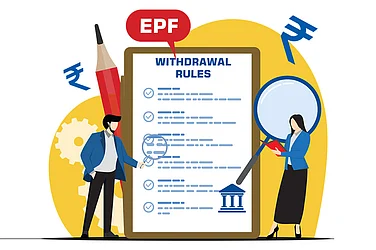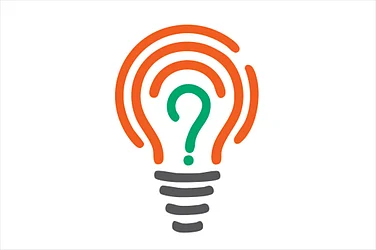Can you tell us about your first job, and how much was your first paycheque?
After dabbling in a few small summer jobs during college, my first ‘official’ job with a paycheque was as a management trainee at a leading conglomerate’s financial services division. If my memory serves me right, my first monthly paycheque was around ₹6,000.
One quickly learnt one of life’s inevitable realities like deductions and taxes, while reconciling the gap between the anticipated (gross) income with the (net) credit received. Also, what was true then and is probably true even today, that is how quickly money disappears!
Was it enough for your needs back then?
Is it ever? Even as bachelors living in a shared apartment, we often found ourselves running a mini credit cycle—borrowing from the neighbourhood kirana shop and then settling the dues once payday arrived. That was financial planning in its rawest form!
Do you remember doing anything special with your first paycheque?
Yes, I offered my first salary to my parents. It was a simple but deeply fulfilling gesture—expressing gratitude for their unwavering support and everything they had done for me.
Do you have any regrets about how you should have spent your first paycheque? Any advice to your younger self?
Not so much about the first paycheque, but looking back, I wish I had realised just how powerful early savings can be. The magic of compounding works best when given time, and those first few years of disciplined saving can set you up for life. So, to my younger self: enjoy the moment, but also start saving early—you’ll thank yourself later.
Is there any story or experience that reminds you of your first salary?
The first paycheque brings a whirlwind of emotions—pride, excitement, and that indescribable feeling of independence. Coming in from carefree student days, you realise that your time and effort have a financial value! It’s an important lesson: don’t underestimate yourself, and don’t sell yourself short.
Did earning your own money change your perspective on spending and saving?
Absolutely. First, there was the pride (and relief!) of no longer having to rely on my parents. But very quickly, reality hit—it’s incredibly tough to save. I also saw how easy it is to get caught up in lifestyle pressures—trying to keep up with peers, upgrading little luxuries, and before you know it, your expenses have a life of their own! The biggest takeaway? Finding your balance—spending where it matters, saving where it counts.
Did your first paycheque shape your career in any way?
Definitely. That first paycheque was more than just money—it was my first real experience of managing finances, understanding trade-offs, and feeling the tug-of-war between spending and saving. Experiencing these emotions firsthand gave me a deeper appreciation of personal finance, which has played a huge role in my journey through asset and wealth management. It’s one thing to study finance, theoretically, but implementing it in your life makes all the difference.
Almost every financial advisor says one should start saving from their first salary. Did you?
I certainly tried! In fact, my investment journey began even before my first paycheque. Thanks to my early fascination with investing—and my parents’ faith in me—I got to manage small sums of their savings. I also experimented with investments using earnings from part-time jobs and pocket money. The amounts may have been small, but the lessons were massive. I made mistakes, saw some successes, and those early experiences shaped the way I think about investing today.
How would you define your relationship with money—then and now?
That first paycheque was a wake-up call—it made me realise what it means to own money, rather than just spend it. Over the years, as expenses grew, so did my understanding of its importance in day-to-day life. But one thing I’ve come to believe is that money should be a partner, not the master. Respect it, manage it wisely, but don’t let it dictate your choices.
Any advice for young professionals on how to spend their first paycheque?
First and foremost—enjoy it! You’ve earned it, and that feeling is priceless. Whether it’s treating yourself, expressing gratitude, or fulfilling a small dream, make it count. But also remember that your first paycheque marks the start of a new phase in life. Take a moment to plan, set goals, and start small, but save consistently as it can make a world of difference. The choices you make today will shape your financial future—so balance the fun with a little foresight!
letters@outlookmoney.com













